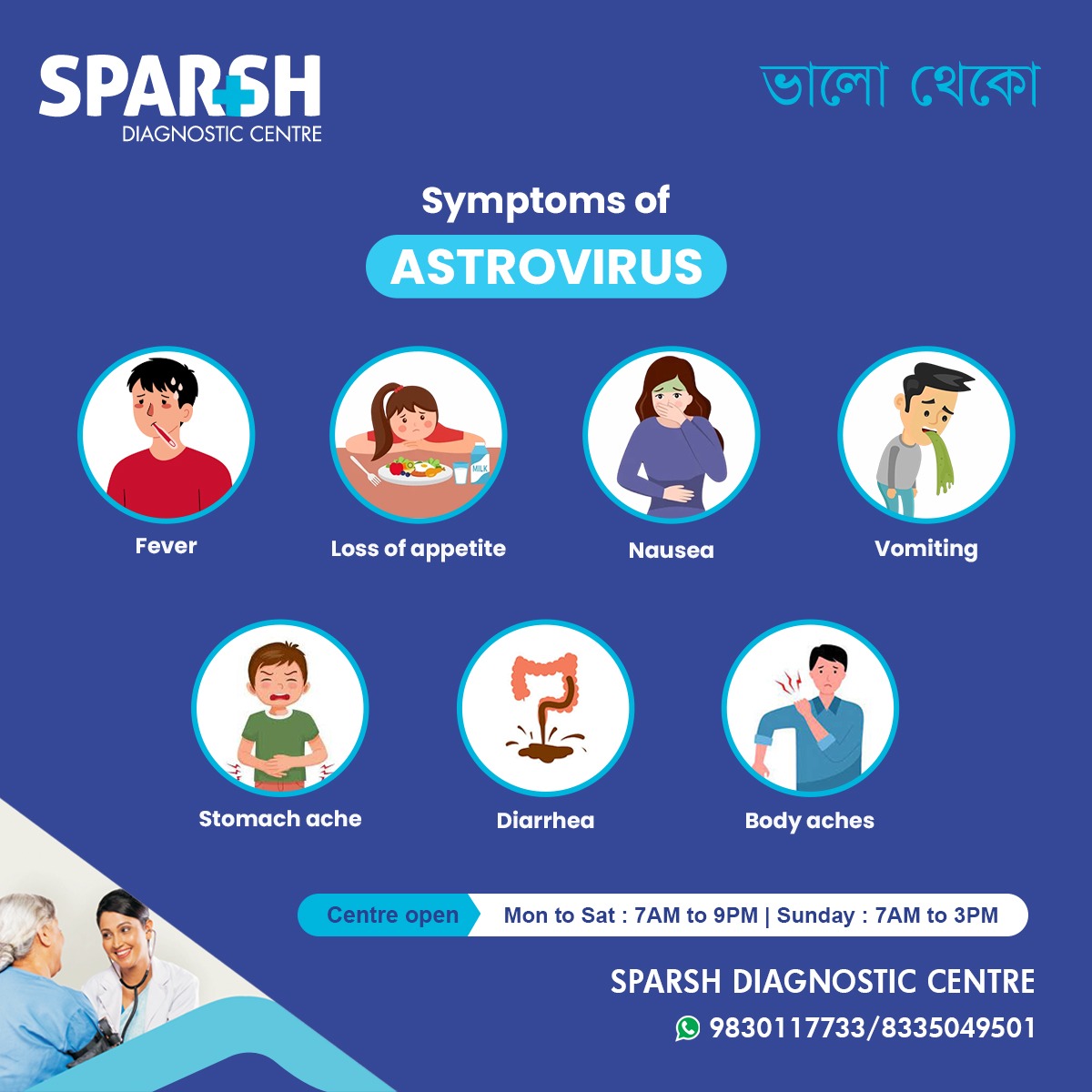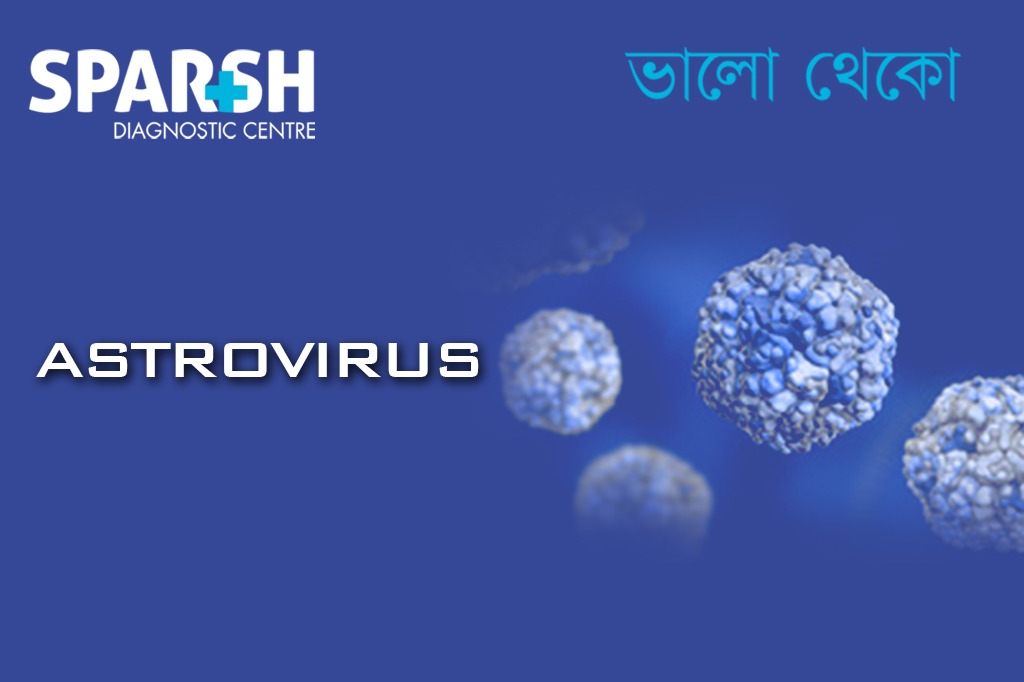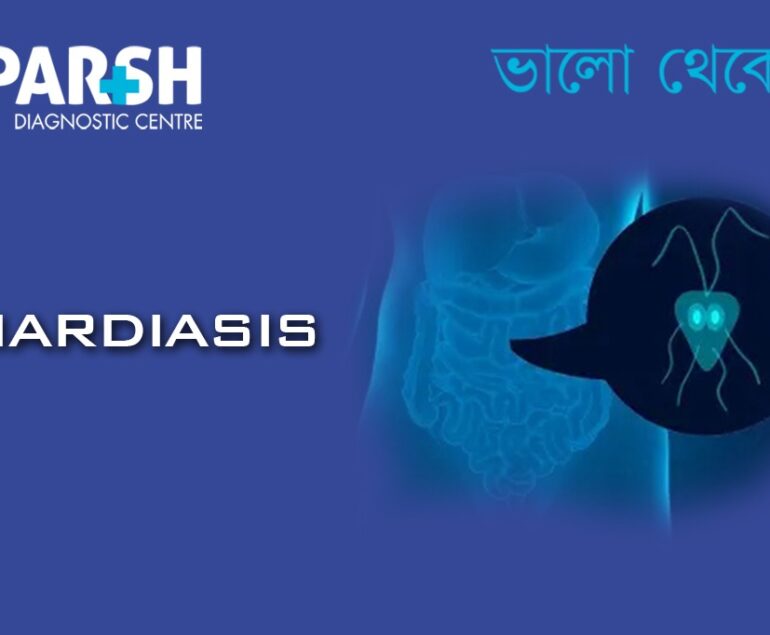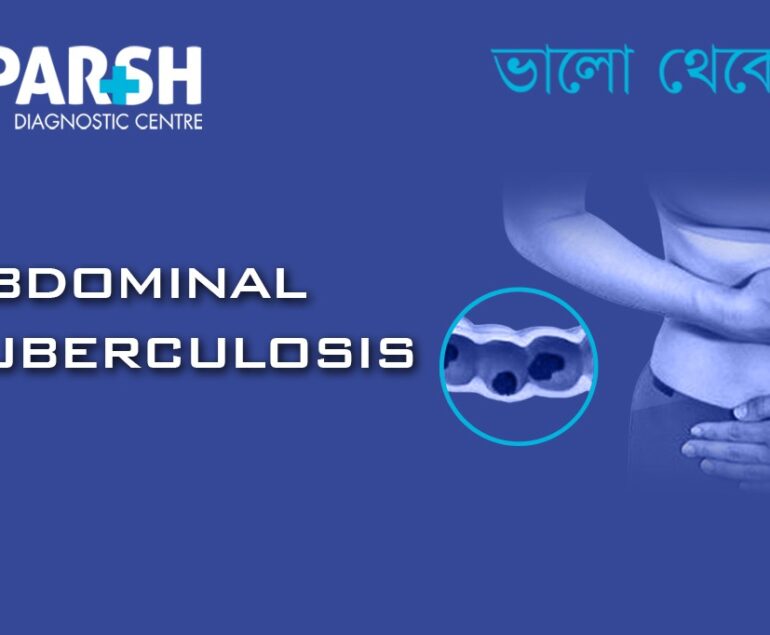When it comes to viral infections that cause stomach problems, most people think of rotavirus or norovirus. However, another lesser-known culprit—Astrovirus—can also cause significant discomfort, particularly in young children, the elderly, and individuals with weak immune systems. Though the illness is generally mild, understanding Astrovirus and its symptoms is vital for early detection and effective management.
This blog explores everything you need to know about Astrovirus—from its causes and transmission to symptoms, treatment options, and prevention strategies.
What Is Astrovirus?
Astrovirus is a single-stranded RNA virus belonging to the Astroviridae family. It primarily affects the gastrointestinal tract, causing viral gastroenteritis (inflammation of the stomach and intestines). The infection is typically mild and self-limiting, meaning it resolves on its own within a few days.
The virus was first discovered in 1975 using an electron microscope, where it appeared as a star-shaped particle—hence the name “Astrovirus” (derived from the Greek word astron, meaning “star”).
How Does Astrovirus Spread?
Astrovirus spreads primarily through the fecal-oral route, meaning it can be transmitted when a person consumes food or water contaminated with the virus. It can also spread via:
Person-to-person contact, especially in crowded settings like daycare centers, nursing homes, or schools.
Touching contaminated surfaces (such as doorknobs, toys, or utensils) and then touching the mouth.
Consumption of contaminated food or water, especially when proper hygiene practices are not followed.
The virus is highly contagious, and outbreaks commonly occur in winter and early spring, particularly in environments with poor sanitation or close human contact.
Who Is at Risk of Astrovirus Infection?
While anyone can contract Astrovirus, certain groups are more vulnerable to infection:
Infants and young children (below 5 years)
Elderly individuals
People with weakened immune systems, such as those with HIV/AIDS, cancer, or those undergoing chemotherapy
Residents of long-term care facilities or daycare centers
Individuals in areas with inadequate sanitation or limited access to clean water
Symptoms of Astrovirus Infection
The infographic from Sparsh Diagnostic Centre highlights the key symptoms associated with Astrovirus infection. These include:
Fever: A mild fever is often one of the first signs of infection.
Loss of Appetite: The virus can suppress hunger and make it difficult to eat.
Nausea: A feeling of queasiness or an urge to vomit.
Vomiting: Often occurs soon after nausea begins, contributing to dehydration.
Stomach Ache: Cramping or abdominal discomfort is common.
Diarrhea: Watery stools are a hallmark symptom, usually lasting 2–4 days.
Body Aches: General fatigue and muscle soreness may occur as the body fights off the infection.

Symptoms usually appear 2 to 3 days after exposure to the virus and typically last for 3 to 7 days.
How Is Astrovirus Diagnosed?
Since Astrovirus causes symptoms similar to other gastrointestinal infections, diagnosis can be tricky without laboratory confirmation.
Your doctor may recommend:
Stool Sample Test:
The most common diagnostic method.
Polymerase Chain Reaction (PCR) or enzyme immunoassays can detect Astrovirus RNA in stool samples.
Rapid Antigen Tests:
Detect viral proteins in stool, providing faster results.
Electron Microscopy:
Rarely used today but can identify the virus’s distinctive star-like shape.
It’s important to consult a healthcare provider for accurate diagnosis, especially if diarrhea or vomiting persists for more than a few days.
Treatment of Astrovirus Infection
There is no specific antiviral treatment for Astrovirus infection. The condition is typically self-limiting, and most individuals recover without complications.
1. Hydration
The most critical aspect of treatment is maintaining proper hydration, as vomiting and diarrhea can cause significant fluid loss.
Drink oral rehydration solutions (ORS).
Consume clear fluids like water, coconut water, or diluted fruit juices.
Avoid caffeine and alcohol, which can worsen dehydration.
2. Dietary Adjustments
Once vomiting subsides, start with bland, easy-to-digest foods, such as:
Rice or porridge
Bananas
Toast or crackers
Boiled potatoes
Avoid fatty, spicy, or sugary foods until the digestive system stabilizes.
3. Medications
Fever reducers (like paracetamol) can help relieve fever and body aches.
Anti-nausea or anti-diarrheal medications may be prescribed in severe cases (only under medical supervision).
Probiotics can help restore the balance of gut bacteria and promote faster recovery.
Complications of Astrovirus Infection
While most people recover fully, some may develop complications, especially if the infection causes severe dehydration.
Possible complications include:
Dehydration (dry mouth, reduced urination, dizziness)
Secondary bacterial infections
Prolonged weakness or fatigue
Infants, elderly individuals, and immunocompromised patients are at the highest risk of complications.
Prevention of Astrovirus Infection
Astrovirus infection can be prevented through good hygiene and food safety practices.
1. Practice Good Hand Hygiene
Wash hands thoroughly with soap and water after using the toilet or changing diapers.
Always wash hands before eating or preparing food.
2. Maintain Clean Surfaces
Disinfect commonly touched surfaces such as door handles, toys, and countertops regularly.
3. Ensure Safe Food and Water
Drink boiled or filtered water.
Cook food thoroughly, especially meat and seafood.
Avoid consuming raw or undercooked food in unhygienic environments.
4. Proper Waste Disposal
Dispose of diapers and fecal matter properly to prevent contamination.
5. Isolate Infected Individuals
Keep children with gastroenteritis symptoms away from daycare until fully recovered.
Currently, no vaccine exists for Astrovirus, making preventive hygiene practices the most effective defense.
Astrovirus vs Other Gastrointestinal Viruses
Here’s how Astrovirus differs from other common viruses causing gastroenteritis:
| Feature | Astrovirus | Norovirus | Rotavirus |
|---|---|---|---|
| Common Age Group | Infants, elderly | All ages | Infants, children |
| Severity | Mild to moderate | Severe | Severe in children |
| Duration | 3–7 days | 1–3 days | 3–8 days |
| Seasonality | Winter and spring | Year-round | Winter |
| Vomiting Prominence | Moderate | Severe | Severe |
| Available Vaccine | No | No | Yes |
When to See a Doctor
You should seek medical attention if you experience:
Persistent vomiting or diarrhea lasting more than 3 days
Signs of dehydration (dry mouth, sunken eyes, dizziness, little or no urine)
High fever that doesn’t subside with medication
Blood or mucus in stool
Severe abdominal pain
A healthcare provider can conduct tests to rule out other infections and provide guidance on fluid and electrolyte management.
Astrovirus in Children
Children under 5 years old are the most commonly affected group. In daycare or preschool settings, the virus can spread quickly through shared toys and poor hygiene.
Parents should watch for:
Sudden onset of diarrhea
Refusal to eat or drink
Lethargy or excessive sleepiness
Offering frequent sips of water or oral rehydration solution can help prevent dehydration. If symptoms persist or worsen, consult a pediatrician promptly.
Astrovirus in Immunocompromised Individuals
For people with weakened immune systems—such as transplant recipients, cancer patients, or individuals with HIV—Astrovirus infection can be more severe and prolonged.
These patients may require hospitalization for intravenous fluids or supportive care.
Recovery and Outlook
Most patients recover completely within a week. After recovery, temporary immunity develops, reducing the risk of reinfection, though it may not be permanent.
To support recovery:
Rest adequately
Stay hydrated
Resume normal diet gradually
Maintain hygiene to prevent transmission to others
FAQs on Astrovirus
1. What causes Astrovirus infection?
Astrovirus is caused by a virus that infects the stomach and intestines, leading to inflammation and symptoms like diarrhea, vomiting, and stomach pain.
2. How long does Astrovirus infection last?
Symptoms usually last for 3 to 7 days. In mild cases, recovery may occur within 48 hours.
3. Is Astrovirus contagious?
Yes, it is highly contagious and spreads through the fecal-oral route via contaminated food, water, or contact with infected surfaces.
4. Can adults get Astrovirus?
Yes. Although it primarily affects children, adults—especially those with weakened immune systems—can also become infected.
5. How is Astrovirus treated?
There is no specific antiviral medication. Treatment focuses on hydration, rest, and symptom relief through fluids, ORS, and over-the-counter medications (under medical guidance).
6. Can Astrovirus be prevented?
Yes. Good hygiene practices, clean drinking water, and safe food handling are key preventive measures.
7. Is there a vaccine for Astrovirus?
No, there is currently no approved vaccine for Astrovirus.
8. When should I see a doctor?
If you experience severe dehydration, persistent diarrhea, high fever, or vomiting that lasts more than three days, consult a doctor immediately.
Astrovirus may not be as widely known as other gastrointestinal viruses, but it remains a significant cause of stomach infections worldwide. By recognizing its symptoms—such as fever, nausea, vomiting, stomach ache, and diarrhea—and maintaining proper hygiene, you can prevent infection and recover quickly if affected.
If symptoms persist or dehydration sets in, visit a healthcare professional promptly.
Stay healthy. Stay aware. Visit Sparsh Diagnostic Centre for accurate diagnostic testing and expert medical consultation.
#BhaloTheko
Disclaimer:
No content on this site, regardless of date, should ever be used as a substitute for direct medical advice from your doctor or other qualified clinician.

![]()





